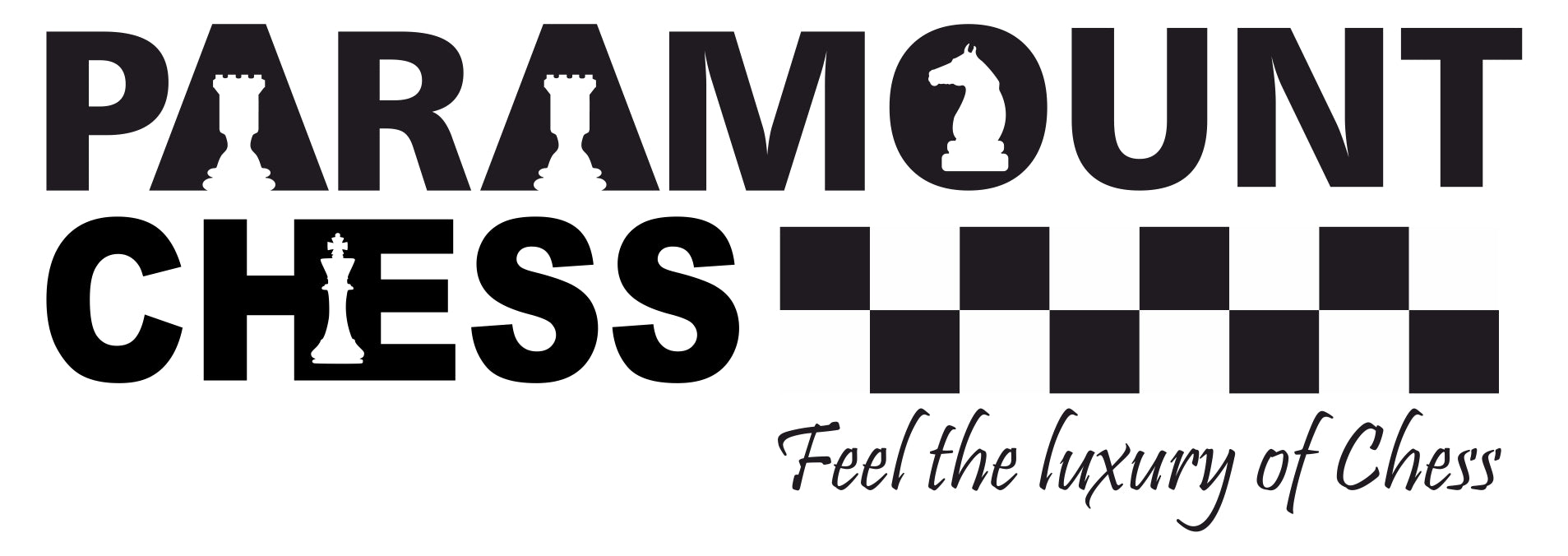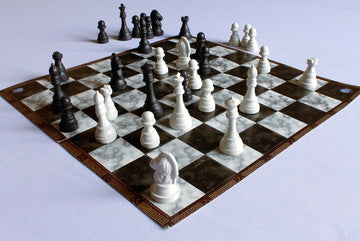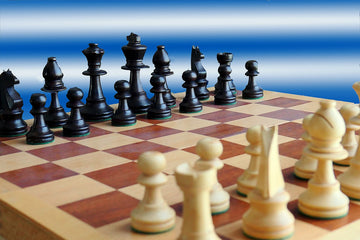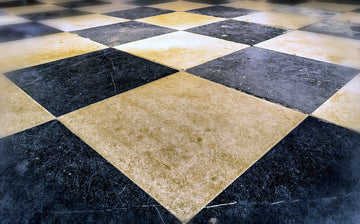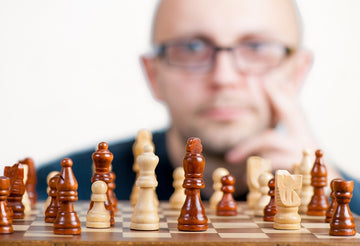
How chess helps in Academics
Chess supports immensely in academics. It helps students gain patience and try hard for their success. Over many years, chess has been played worldwide by many intellectuals. A few years back, the UN stated that chess helps a lot in academics. The UN stated that chess helps in cognitive abilities, mathematics, critical thinking, and reading.
Chess is everything: art, science, and sportThis quotation by Anatoly Karpov states that Chess is all about art, science, and sports. It briefs you about how chess can actually be beneficial for students in their academics by exploring these three categorizations of chess.-Anatoly Karpov
This graceful quotation says that chess helps children exercise their brains. Chess causes you to believe in your independent thoughts and make you try. Memorizing games is not for chess, you always need to make new moves and experience new plans. Likewise, education should never be about memorizing or mugging things up. It should be about understanding and learning.Education in chess has to be an education in independent thinking and judging. Chess must not be memorized…
-Emanuel Lasker
Problem-solving abilities
It has been seen over the years that people who engage in chess are extremely good with their spontaneous problem-solving skills. They have an exceptionally quick mindset. They are excellent with their ideas and have the power to make decisions by themselves. There are many camps held worldwide during summer breaks, which are primarily held for school kids.
IQ is improved.
Chess helps in training the brain muscles. It aids them to exercise daily. Problem-solving and critical thinking remain the two core components of chess. Because of these two, a child can develop its IQ. A study indicates that when over 4000 Venezuelan students were trained in chess for 4 months continuously, they marked development in their IQ. Their skills were improved and they were more focused and smart.
Improve memory.
When an individual plays chess, he/she doesn’t play that for fun but to win. If any kid wants to excel more in the field of chess then they will adopt more techniques. These techniques need to be learned and practiced well. This improves their memory. Constant exercise of brain muscles and new moves will make kids smarter.Develop Concentration, focus, and Creativity.
Chess exercises both sides of your brain. As chess is the game of the brain and only brain muscles get trained while playing chess, both sides of the brain develop simultaneously. The right side of the brain responsible for creativity helps in twisted moves to confuse other players and capture them. The left side of the brain helps in logic and calculations.Good sportsmanship
There are over 2.2 billion kids in this world and over 60% of them have sportsmanship issues. They find abandoning or giving up as a constant option for forfeiting the game. They cheat and this turns them into really bad human beings further. Chess helps in building sportsmanship in kids. It offers them hope and develops their patience towards their game. As chess represents a cognitive game, kids try to think more and start believing in their own moves. Even if they lose, they can try new moves and think more about it. This develops sportsmanship in them.
Teach them delayed gratification.
The marshmallow experiment by Walter Mitchell demonstrates the differences between delayed and instant gratification. The game of chess teaches kids about delayed gratification. They take enough time to think about their moves. Capturing two or three pieces of opponents doesn’t make them happy. They try until the end and win. This develops patience in them and makes them wait for delayed gratification.
Related Articles
